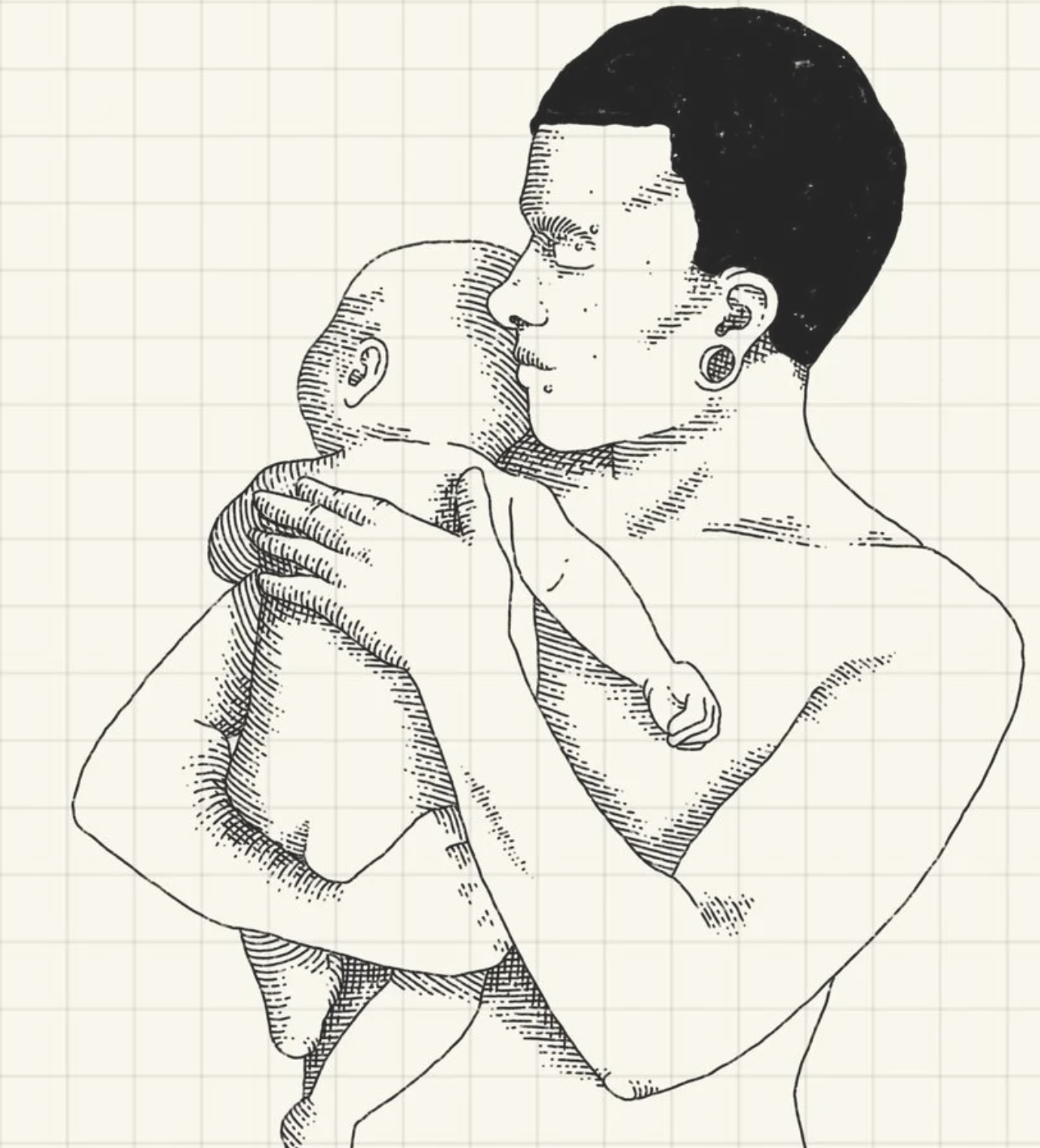
Trans Fertility Resource Library
Filter by Topics.
- BIPOC 5
- COLAGE 2
- abortion 4
- allyship 4
- april 4
- assisted reproductive technology 4
- autism 1
- baby 1
- book 2
- by trans for trans 11
- coming out 3
- doula 3
- estrogen 7
- fertility 18
- fertility preservation 11
- gender creative parenting 5
- hospital birth 1
- inducing lactation 6
- insurance 1
- ivf 4
- lactation 6
- media 5
- medical 9
- neurodiversity 1
- nonbinary 10
- nongestational parent 1
- parenting 5
- partners 2
- pregnancy 19
- research 3
- social 4
- surrogacy 1
- testosterone 4
- trans men 22
- trans women 11
- unknown donor 1
- youth 4
All Resources
Do Laws Matter?
Do laws about transgender lives really make an impact? Read about Senate Bill 600, which radically increased access to fertility preservation for hundreds of trans Californians.
Top Surgery and Lactation: What Do We Know?
Can trans men and non-binary people assigned female at birth lactate and nurse our babies? Is pregnancy likely to change your top surgery results? There are several studies looking at the topic, and we answer these questions (and more!) in this article.
Trans Fertility takes center stage at the World Fertility Awards!
At the World Fertility Awards in New York City, transgender fertility work was named, recognized, and placed on a global stage alongside major advances in assisted reproductive technology, access, and patient advocacy. The World Fertility Awards exist to recognize people and projects expanding access, awareness, innovation, and equity in family building around the world. This year’s honorees included clinicians, researchers, advocates, and leaders working across continents to address infertility, access gaps, and outdated narratives about who gets to build a family.
Abba, Per, or Ima… What Shall They Call You?
What do you do when you’re building a family but neither “daddy” or “mommy” feel right to you? Check out our exploration of alterative parents names… maybe uou’ll find one that’s right for you!
“That Fat Man is Giving Birth: Gender Identity, Reproduction, and the Pregnant Body”
The journey to parenthood for transgender individuals is unique and can come with its own set of challenges. We want to share some nuggets of wisdom from a recent essay written by K Surkan; it delves into experiences of trans men who have navigated pregnancy, highlighting the importance of visibility, support, and breaking down traditional gender norms.
Is Transgender Pregnancy Different from Cisgender Pregnancy?
This May, researchers out of Michigan released a study analyzing nearly 2,000 transgender pregnancies, comparing them to cisgender pregnancies to identify differences between the two groups!
TL;DR: The transgender patients studied were more likely to have chronic conditions and had lower rates of births by cesarean than their cisgender counterparts. No differences were found in rates of preterm delivery or severe parental morbidity.
Regaining Sperm Cells After HRT
A study released earlier this year documented nine transgender women in the Netherlands and Australia as they paused hormone replacement therapy (HRT) in order to create mature sperm. By 17 weeks, or nearly four months, all individuals were able to produce spermatozoa (mature sperm cells). And three of the four trans women who stopped HRT to conceive at home with a partner were able to do so.
A Trans Guide to Fertility Research
As a certified trans fertility nerd™, I have all kinds of Google news alerts set for trans fertility topics. This means I receive a near-constant stream of notifications telling me about new studies, articles, and papers being published on the subject. I’m a non-academic, so I’ve had to learn the hard way that not all research is created equal. How can you make sense of the many pieces of information created right now? Here’s a quick guide to help!
Emotional Support During Abortion Care
While managing the physical aspects of abortion care, it’s also important to be ready for any emotional things can may come up during the process.
Abortion Resources
If you want to know where you can go for abortion care, or how to fund your abortion, we’re here to help!
Lactation and Testosterone: What do we know?
A new case study looks at a transgender man who took testosterone and continued bodyfeeding his toddler.
Ovulation Prediction While on Testosterone
If you’re taking testosterone, will that impact the results of an ovulation prediction kit? How accurate are OPK’s anyway? Read this article to find out!
Inducing Lactation: A How-To
A new case study describes the exact regimen used by a transgender mom and her medical team.
At-Home Insemination
In the LGBTQ+ community, we are used to having to be innovative when it comes to expanding our families. As new assistive reproductive technology develops and becomes available to the public, they are used by LGBTQ+ people to advance their families and have children. There are a diverse array of assistive reproductive technologies or ARTs. What will be highlighted today is the process of at-home insemination.
Research Looks at Public Opinion on Transgender Parents
Public support of transgender parents is increasing, according to a 2016 study.
Ways Non-Gestational Parents and Caregivers Can Connect to Their Baby
LGBTQ people know that love, not biology, makes a family. Still, non-gestational parents may wonder how you can build a deep bond with a baby you didn’t carry or aren’t genetically related to. Here are some tips for being engaged with a pregnancy process and building a connection with the newest member of your family!
Pregnancy Over 35
We are in a world where people are increasingly prioritizing their education and careers into their 20’s, 30’s, and beyond. For some, it’s simply a matter of not wanting to have children until later! It is no surprise, then, to find out that globally, the age of birth parents rises every year. In 2020, the average age a person gave birth for the first time was just under 30 years old.
Realities of Miscarriage
What happens when a pregnancy is lost? Miscarriage is already a tough subject in our culture, and when you’re a trans person going through it… things can be especially complicated. Read more for info on trans miscarriage.
Inducing Lactation Possibilities and Outcomes
Many options are available for non-birthing parents who want to feed their babies. Cisgender and transgender women have successfully induced lactation, as have adoptive parents and more! Read on for more information on lactation options.
Abortion in the Transgender Community
Roughly 12% of transgender men have terminated a pregnancy, which is just under the national average. Trans people may choose abortion for many different reasons, and have many options available as they make their decision. Read more about what resources are available for transgender people considering abortion.



















